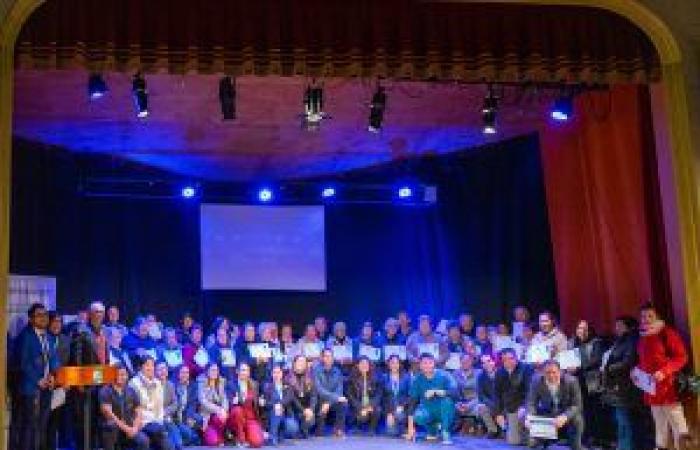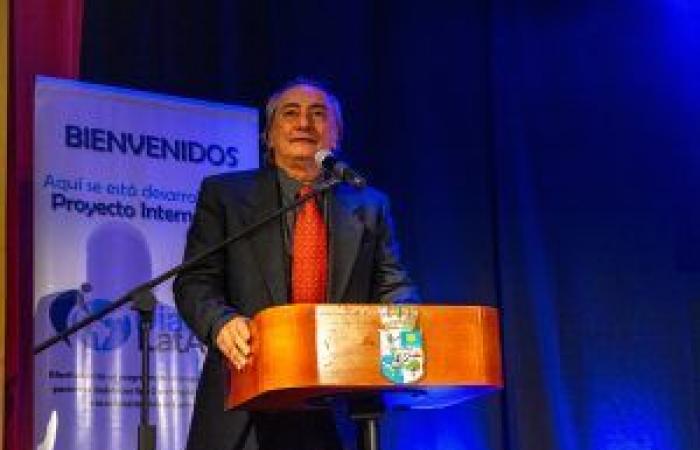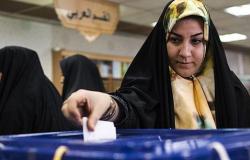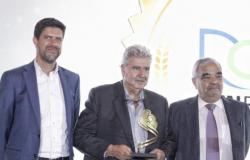The closing ceremony in Chile of the international project was held at the Municipal Theater of the city of Requínoa Diabfrail LatAm, which benefited more than 200 older adults from the same commune with a diagnosis of type 2 diabetes mellitus, improving their functionality, quality of life and reducing the burden of medications, thanks to an exercise and education program, previously validated in Europe.
The research was funded by the European Union and sponsored by more than 16 national and international institutions and by the World Health Organization. (WHO). The project was carried out in Colombia, Mexico, Peru and Chile.
In Chile, the study was led by Walter Sepúlveda, a research academic at the UDLA School of Kinesiology, in collaboration with the municipality of Requínoa, which was chosen for the development of the project since it is one of the cities that has the largest population of older adults and according to statistics, it has less digital connectivity.
The authorities were present at the closing ceremony from UDLA Osvaldo Artaza, Dean of the Faculty of Health and Social Sciences; Andrés Santana, Academic Secretary and Andres Orellana, Director of the School of Kinesiology, together with a group of students from the School. In addition, the authorities of Requínoa, Gerardo Villanueva, head of the Health Department; Paul Pacuruco, director of Cesfam and councilors Sandra Quezada, Flor Arriaza and Antonio Hechem.
Sepulveda reported that “Diabfrail is an interdisciplinary project that has an impact on public health by improving the care of older adults with diabetes. which is one of the most prevalent diseases in this population. The results of the study reduce frailty, which is a geriatric syndrome related to disability and mortality, so it is essential to prevent it to improve quality of life.”
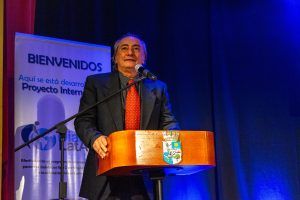 Artaza added that “this research has many merits: first, it forms a powerful network of countries, with financing from the European network, and second, it works investigating a very sensitive topic that has to do with the quality of life of older adults, exploring highly relevant topics, such as the education of people with chronic conditions and the contribution that exercise makes to the quality and well-being of people’s lives.”
Artaza added that “this research has many merits: first, it forms a powerful network of countries, with financing from the European network, and second, it works investigating a very sensitive topic that has to do with the quality of life of older adults, exploring highly relevant topics, such as the education of people with chronic conditions and the contribution that exercise makes to the quality and well-being of people’s lives.”
Orellana concluded that “research of this nature has a great impact on the student community, since it is linked to a community and its older adults, showing a clear example of how to generate active participation among students who are training. permeating the student body with the desire to generate research and scientific knowledge.”

